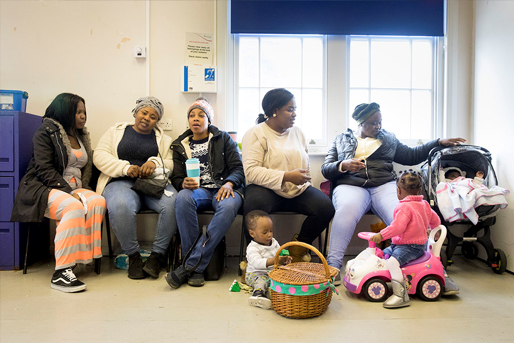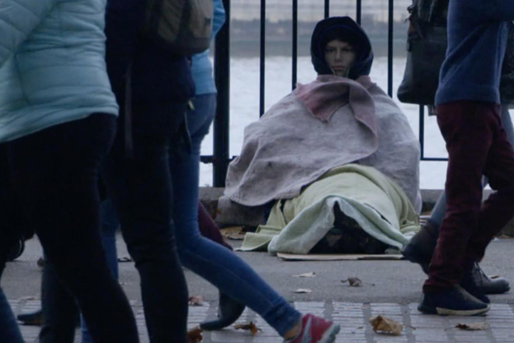
The Passage’s Anti-Slavery Project has been announced as a winner of the London Homelessness Awards 2019. The final announcement of where they have been placed in the top three will take place at a special event at London’s City hall in October. We asked the team at The Passage to tell us some key facts about the work they do.
5 things you should know about homelessness and modern slavery:
- Exploiters prey on vulnerable people. Homeless people and rough sleepers are particularly at risk of grooming, coercion and exploitation due to poverty, substance abuse, trauma, loneliness and instability.
- It is appealing for people who are street homeless to accept an offer of cash-in-hand employment. Homeless people are often deliberately targeted for ‘work’ of this nature because they are desperate.
- Survivors who have escaped from their traffickers often sleep rough until they find shelter. Many are simply left homeless after exploitation. Also some survivors suffer periods of homelessness during exploitation or at multiple points (before, during and after). Furthermore, gaps in follow-on services once a person has left statutory support can lead to homelessness.
- Exploiters have been seen recruiting homeless people in day centres, night shelters and soup runs. But they also recruit them on the streets, in places of worship, at train and coach stations and in parks.
- Homelessness is a thread that runs through modern slavery; on the street you are at risk of modern slavery, many who escape modern slavery end up being street homeless. When enslaved you may have basic shelter, but you do not have a home.
How can you help? Make sure you see the signs
Homeless people may be:
- Targeted at day centres, night shelters, soup runs or on the street
- Befriended with alcohol, drugs, tobacco, money, etc.
- Promised work, food and shelter
Work may be offered in:
- Agriculture, food processing, construction, car washes, tarmacking and paving, cleaning services, restaurants
- Door-to-door canvassing
Working conditions are likely to involve:
- No contract
- Little or no payment
- Travelling from location to location
- No days off
- Being controlled by threats and violence
In addition, people may:
- Be expected to pay their employer for food and accommodation
- Be living in a squalid house or caravan
- Have their ID and/or bank card taken to control their benefits and money
For more information about the Anti-Slavery Project, contact Julia Tomas Julia.Tomas@passage.org.uk.
For more information about the London Homelessness Awards go to www.lhawards.org.uk




